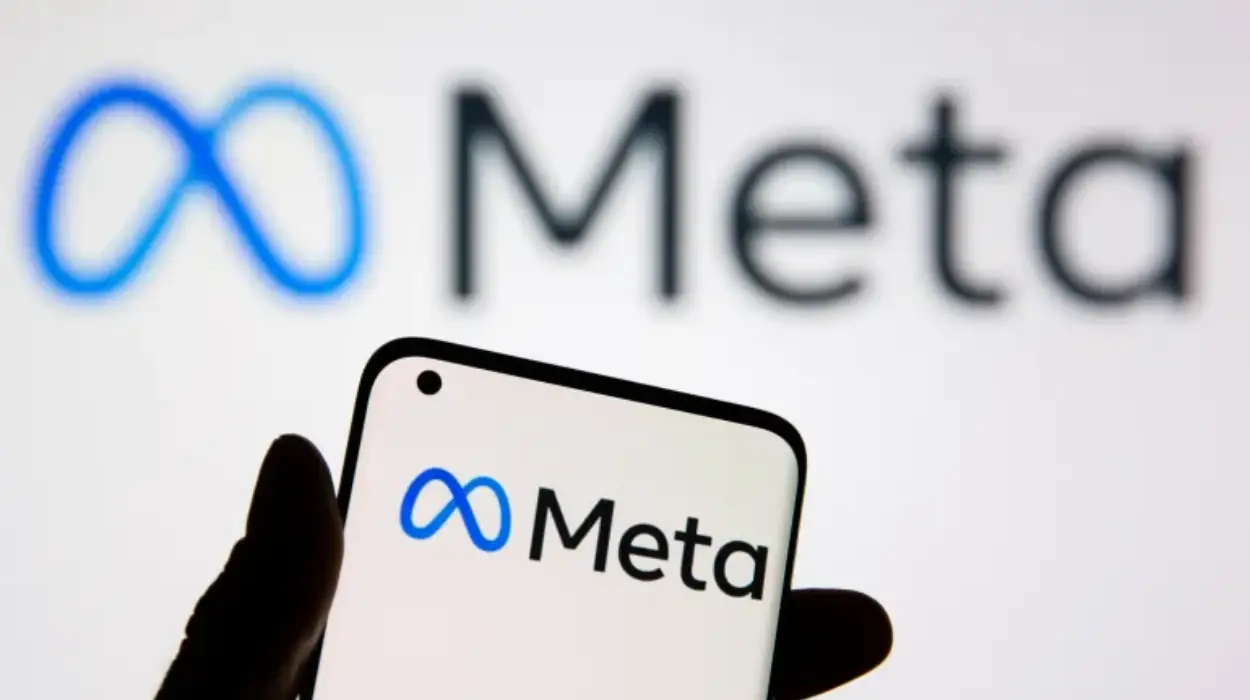Europe (Transatlantic Today)— The European Commission (EC) has charged Meta with breaching the EU’s Digital Markets Act (DMA) due to its new “pay or consent” advertising model. This charge, announced on Monday, comes after Meta launched a no-ads subscription service for Facebook and Instagram in Europe last November. The move is part of the EU’s continued actions against Big Tech, following the DMA’s implementation earlier this year.
Meta’s Advertising Model Under Scrutiny
Meta’s current model offers users a choice between being targeted by ads based on their personal data or paying to avoid them. This system was introduced after the EU mandated that Meta must obtain user consent before displaying ads, a ruling that threatened the company’s core business model of tailoring ads based on users’ online behavior.
However, the EC’s preliminary investigation found that Meta’s binary choice does not allow users to “freely consent” to the combination of their personal data across Meta-operated platforms. Additionally, the Commission noted that Meta fails to provide users with a less personalized but equivalent experience of Facebook and Instagram.
EU antitrust chief Margrethe Vestager stated, “We want to empower citizens to take control of their own data and choose a less personalized ads experience.”
Potential Fines and Meta’s Response
Violations of the DMA could result in fines of up to 10% of a company’s global annual revenue. Meta responded, saying that its ad-free subscription model aligns with the highest European court’s rulings and complies with the DMA. The company expressed a desire for “further constructive dialogue” with the EC to resolve the matter. The Commission has until March 2024 to complete its investigation.
Broader Actions Against Big Tech
The charge against Meta is the latest in a string of actions taken by the EC under the DMA. Just a week prior, the EC issued its first DMA charge against Apple, accusing the company of violating App Store rules by preventing developers from offering alternative payment options.
In May, Meta also faced an EC investigation related to child safety on Facebook and Instagram. Privacy activists have raised concerns about Meta’s advertising model, as well as its role in misinformation tracking. Meta was compelled to enhance its CrowdTangle tool during June’s European Parliament elections to address EU concerns.
In September 2023, the EU identified 22 “gatekeeper” services, including those run by Meta, Alphabet, Amazon, Apple, Microsoft, and ByteDance. These companies were given six months to comply with DMA regulations. Meta and TikTok challenged their gatekeeper designations, though TikTok lost its appeal in February.
The EC’s investigations signal a growing crackdown on Big Tech companies under the DMA, with more scrutiny expected in the coming months.


























